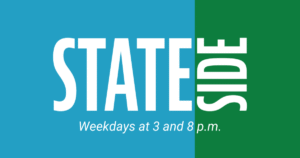The Role of the Impoundment Control Act in Maintaining Governmental Balance
The intricate balance of power between Congress and the President is a foundational element of the U.S. government. A key piece of legislation that safeguards this balance is the Impoundment Control Act (ICA). This Act is pivotal in ensuring that the President adheres strictly to the federal spending decisions made by Congress.
Understanding the Impoundment Control Act
The U.S. Constitution grants Congress the authority to determine the allocation of federal funds, while the President is tasked with executing these financial decisions. The Impoundment Control Act, established to reinforce this delineation of roles, outlines the procedures the President must follow when suggesting delays or cancellations of funds appropriated by Congress. This Act is essential in preventing any potential executive overreach.
Protecting Congressional Authority
The primary function of the ICA is to maintain Congress’s exclusive power over federal expenditures. Without this legislative safeguard, there would be a risk of the President exerting control over federal spending through executive orders, potentially leading to the cancellation of programs that do not align with the presidential agenda. The ICA ensures that such scenarios are avoided, thereby preserving the constitutional balance of powers.
The Process of Fund Impoundment
The ICA sets forth a clear process that the President must follow if there is a proposal to delay or cancel funds. This involves notifying Congress, which then has the authority to accept or reject the proposal. This process ensures that Congress retains its control over federal spending, reinforcing the separation of powers outlined in the Constitution.
Constitutional Balance and Executive Authority
By safeguarding Congress’s role in financial decision-making, the ICA plays a crucial role in preventing executive overreach. The Act serves as a reminder of the checks and balances that are integral to the U.S. government, ensuring that no single branch exceeds its designated power. This balance is vital in upholding the democratic principles upon which the nation is built.
For further reading, visit the original article.






